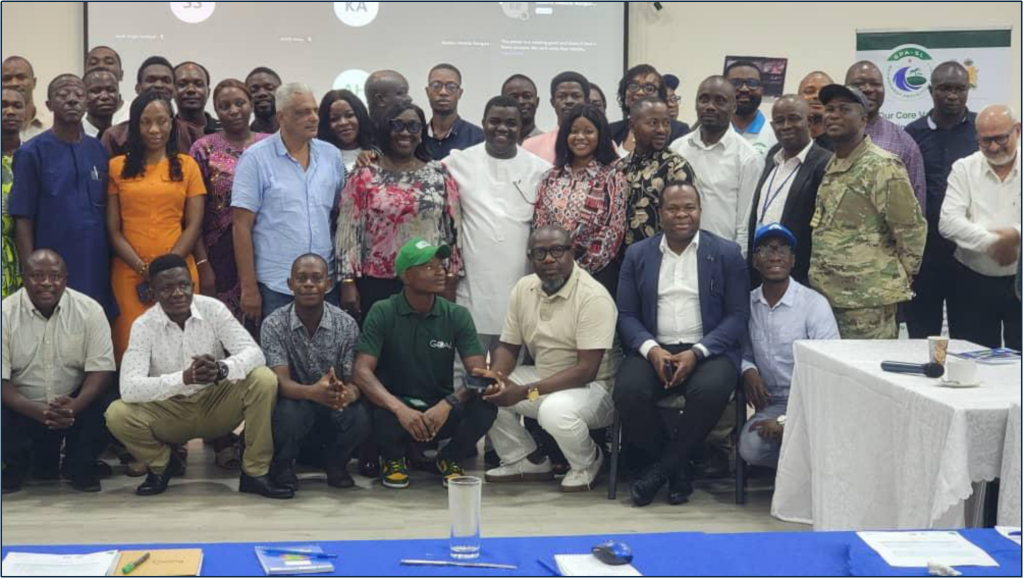On Thursday, August 8th, this year, the Environment Protection Agency (EPA-SL) hosted a Plastic Treaty Dialogue at the New Brookfield’s Hotel, attended by government officials, recyclers and development partners, civil society organisations, and non-governmental organisations.
The dialogue was held to identify and assess options that reflect Sierra Leone’s position for the next global negotiation session, in conjunction with the outcome of the Intergovernmental Negotiating Committee (INC-4) meeting in Ottawa, Canada, and the ongoing UN Plastic Treaty Negotiation, which aims to address global plastic pollution with a particular emphasis on its impact on marine environment.
With support from the Norad – Norwegian Agency for Development Cooperation (NORAD) under the Effective Capacity Building for Global Plastics Treaty in Africa (AFRIPAC) initiative, the #EPA convened stakeholders to discuss key aspects of the new draft treaty text.
The dialogue entailed an examination of the current global compiled text to see how best it aligns with Sierra Leone’s position, with an emphasis on polymers of concern and the financial mechanisms for implementation.
Contributions from stakeholders and partners were made in person and virtually detailing Sierra Leone’s mindfulness in taking a position, consideration of the factors associated with the use of single-use plastic, a careful evaluation of the proposed ban on single-use plastic, the infrastructural mechanisms in place, and the readily available alternative to either recycle single-use plastic or incentivise waste management issues.
Through working sessions, the dialogue concluded with action points that included a comprehensive study to unravel the impact of single-use plastic, the socio-economic implications, capacity building and education on waste management and the effect of plastic pollution, a policy framework to regulate and enforce compliance with global and national enacted resolutions, an incentive system to motivate investment in recycling methods, and the introduction of Extended Producer Responsibility (EPR).
